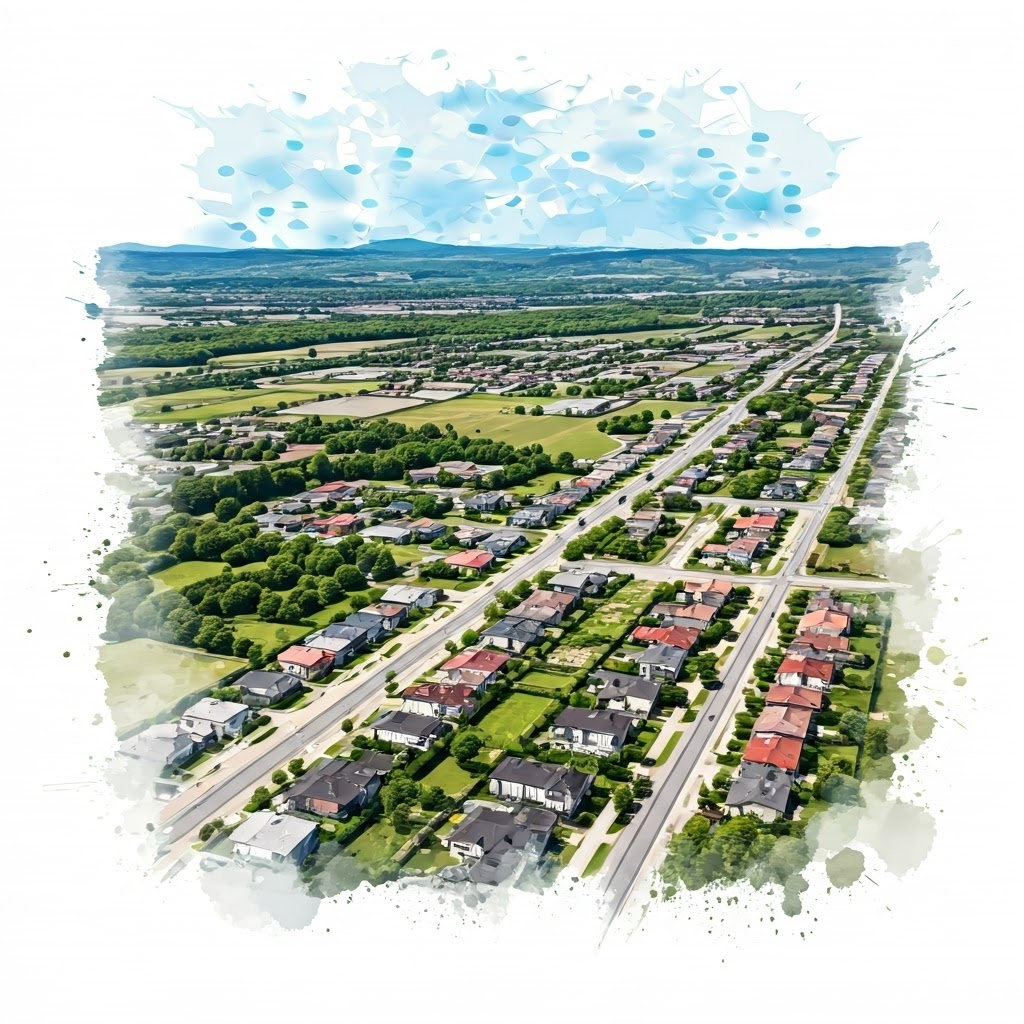President Bola Tinubu’s economic reforms have ignited a firestorm of debate across Nigeria. While the Federal Government insists these changes are paving the way for a stronger economy, opposition parties and many Nigerians are feeling the pinch, with accusations of increased poverty and hardship. This article dives into the heart of this contentious issue, examining the policies, the criticisms, and what the future may hold.
Here’s a quick overview of the main points:
- Clashing Views: The Federal Government (FG) defends President Tinubu’s economic policies, while opposition parties and some state governors argue they are causing widespread suffering.
- Key Reforms: The removal of fuel subsidies and the unification of exchange rates are central to the debate.
- Economic Impact: These reforms have led to significant increases in fuel prices, inflation, and a devaluation of the Naira, impacting the cost of living for many Nigerians.
- Poverty Surge: The World Bank estimates that millions more Nigerians have been pushed into poverty since these reforms were implemented.
- Political Fallout: The economic situation has become a key political battleground, with different parties using it to rally support and challenge the ruling government.
The Government’s Perspective: A Necessary Pain
The Federal Government, led by President Tinubu, maintains that the economic reforms are crucial for long-term stability and growth. The Minister of Information and National Orientation, Mohammed Idris, has stated that these reforms will make more resources available to states and that Nigerians will experience the benefits by 2025. They argue that increased allocations to states are a direct result of these reforms.
According to the FG, the fuel subsidy removal has freed up substantial funds previously used to artificially control fuel prices. Additionally, they see the unification of exchange rates as a move towards a more transparent and equitable system, that will attract foreign investment in the long run.
The Opposition’s Counter: Nigerians are Suffering
Opposition parties, including the People’s Democratic Party (PDP), the New Nigeria Peoples Party (NNPP), and the Labour Party, have strongly criticized the economic policies. They argue that the reforms have led to unprecedented hardship, with the removal of fuel subsidies causing fuel prices to soar. The increase in fuel prices has in turn led to an increase in the costs of transportation, food and general consumer goods.
The PDP Deputy National Youth Leader, Timothy Osadolor, stated that the country is “sick from the policies of the current administration,” while the NNPP National Publicity Secretary, Ladipo Johnson, urged the government to “press the reset button.” They say the measures have led to a sharp decline in the value of the Naira, which has eroded the purchasing power of ordinary Nigerians, making basic necessities unaffordable and driving more and more people into poverty.
The Impact: A Deeper Dive
Fuel Subsidy Removal
The removal of the fuel subsidy, a long-standing measure that kept fuel prices low, has caused prices to jump from around N185 to approximately N1,100 per litre. This sudden increase has had a ripple effect across the economy, leading to significant rises in transportation costs and the prices of other goods and services. For many Nigerians, fuel is a necessity for their daily lives, and the increased costs have made daily expenses a huge struggle.
Exchange Rate Unification
The unification of multiple exchange rates, while intended to create a more transparent and equitable foreign exchange regime, has also resulted in a significant depreciation of the Naira. This has led to an increase in the prices of imported goods, such as medicines, electronics, and food products, exacerbating inflationary pressures and causing financial hardship for Nigerians.
Rising Inflation and Poverty
The combined effect of these policies has resulted in a dramatic increase in inflation. By October 2023, the national inflation rate had surged to 32.7%, with food inflation peaking at an alarming 37.5%. The World Bank has also estimated that about 104 million Nigerians fell into poverty by December 2023, highlighting the devastating impact of these economic measures.
Political Fallout: Battle Lines Drawn
The economic crisis has become a key battleground in Nigerian politics. Opposition parties are using the widespread hardship to challenge the ruling party, calling for a review of economic policies and arguing that the government’s approach is failing. Some influential voices, like Delta State Governor, Sheriff Oborevwori, have spoken out against the government’s measures, expressing concern over the increasing poverty and hardship faced by Nigerians.
In response, the ruling All Progressives Congress (APC) has defended the policies and accused opposition parties of playing politics with the economy. The APC maintains that the reforms are essential for the country’s long-term economic health and stability, and they have called for patience, saying that the benefits will become apparent in the near future.
A Divided Nation
The debate over President Tinubu’s economic policies shows a nation divided. While the government views these reforms as a difficult but necessary step towards a prosperous future, a growing number of Nigerians see these measures as a direct cause of their suffering. The question remains: will these reforms ultimately lead to economic stability and growth, or will they push more Nigerians into poverty? Only time will tell.





